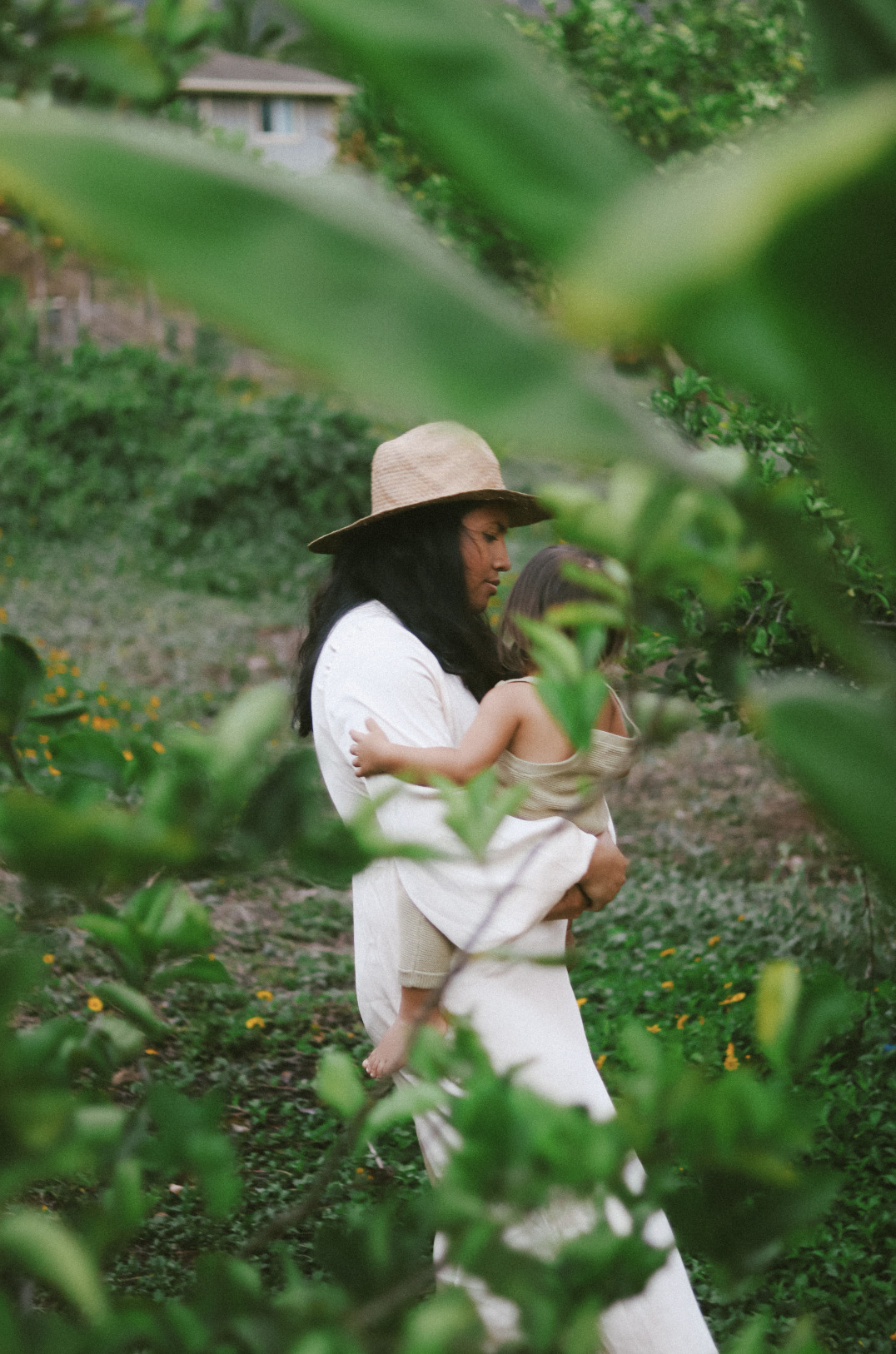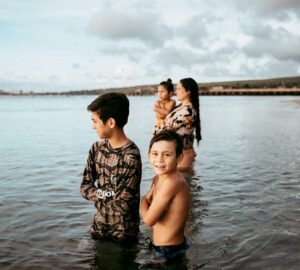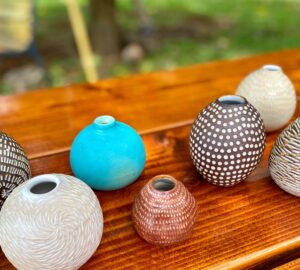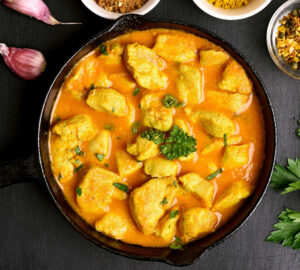
“It’s a lifetime journey serving the community. Community originated from our culture.”
—Kayla Hoku Kahalewai Shaw
Reaching back into her childhood memories, Maui mom Kayla Hoku Kahalewai Shaw can’t remember a time when her parents weren’t giving everything they had to the community. She said, “Someone would come by and ask my dad for dive gear. He’d always just give. Then that same braddah would return with fish for our cooler.” Her parents would host sports teams and school groups from other islands and they in turn would help take care of the land during their stay. The reciprocity came naturally with no asking for a return or exchange.
When the fires devastated Lāhainā in August, Shaw’s extended family evacuated but stopped at Honolua Bay to gather their bearings. For five generations, the West Side was their home. After the trauma they endured, it was also important for them to stay together. They reached out to the Shaws and space was made on her parents’ land in Waiehu. 17 families arrived, totaling 60 people — 30 of them kids.
Like many community-led places of refuge, the property quickly became a hub for other families in the neighborhood aiding West Side families. Beds, freezers, and porta potties were brought in. The garage transformed into a pantry full of categorized donations with a steady stream of supplies coming in daily. Every night they hosted a family meeting to exchange ever-changing information about housing, education, resources, and aid. Shaw says, “Just a stoneʻs throw from here is an ʻili (smallest land division) called Polipoli that was considered a puʻuhonua (refuge). Today the energy of that ʻāina continues to do the work for the people by serving as a safe refuge for those seeking it.”
For some, accepting help—even from family—can be hard when you’re used to being the one who gives. With the outpouring of aid from across the world, accepting outside help is even more difficult. Deep trauma existed long before the fires so deciphering intentions can be tricky. When asked how do you know who to trust, Shaw’s husband Aiona says, “ I look at the leaders, chiefs, and watch what they’re doing.” Kayla adds, “It’s a natural, local vetting system. It’s an auntie saying, I know them, I trust them.”
A big part of the culture is families living in community, and it’s not new to them. Despite the monumental challenges ahead, Maui families will continue to do what they’ve always done—help each other with no questions asked. Kayla says, “We like to learn alongside our community and show our keiki the importance of building a network of like-minded people who support one another.”



